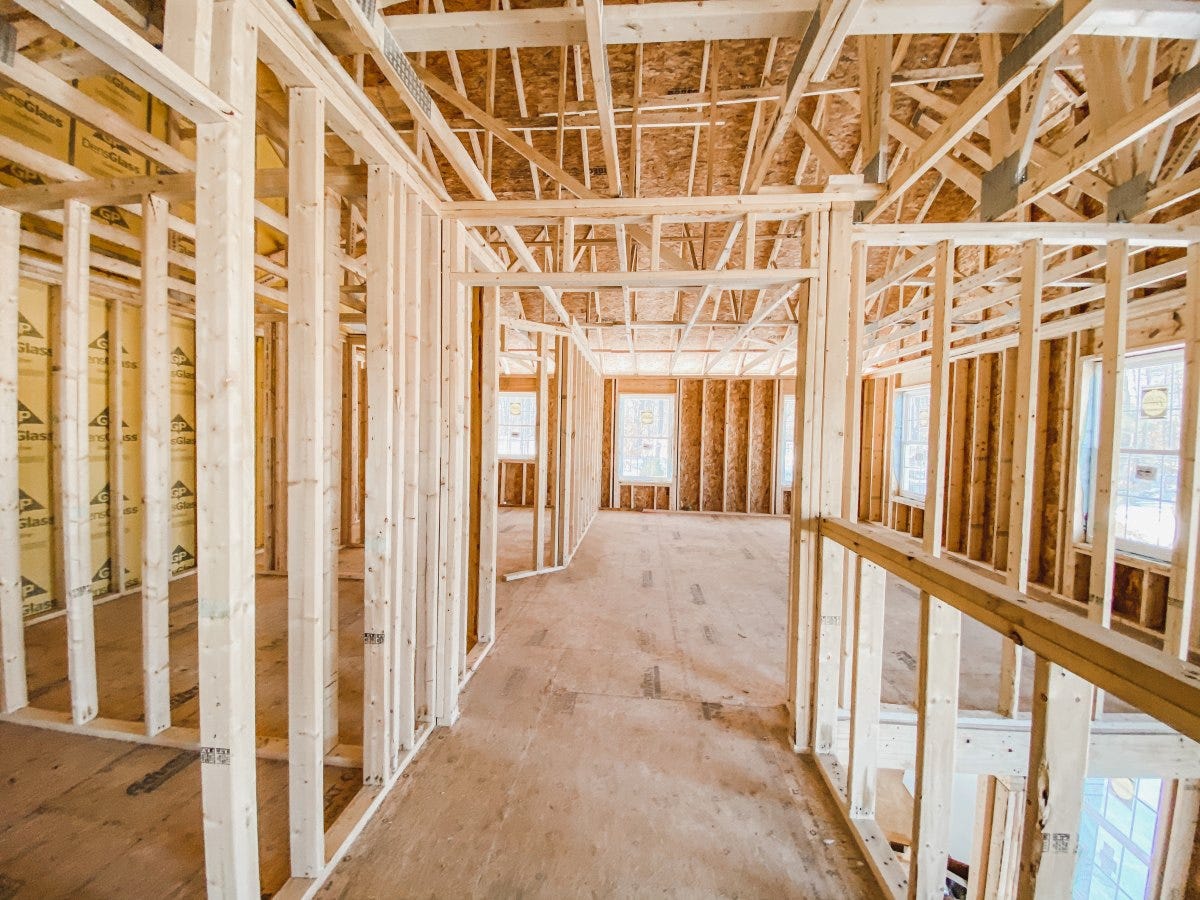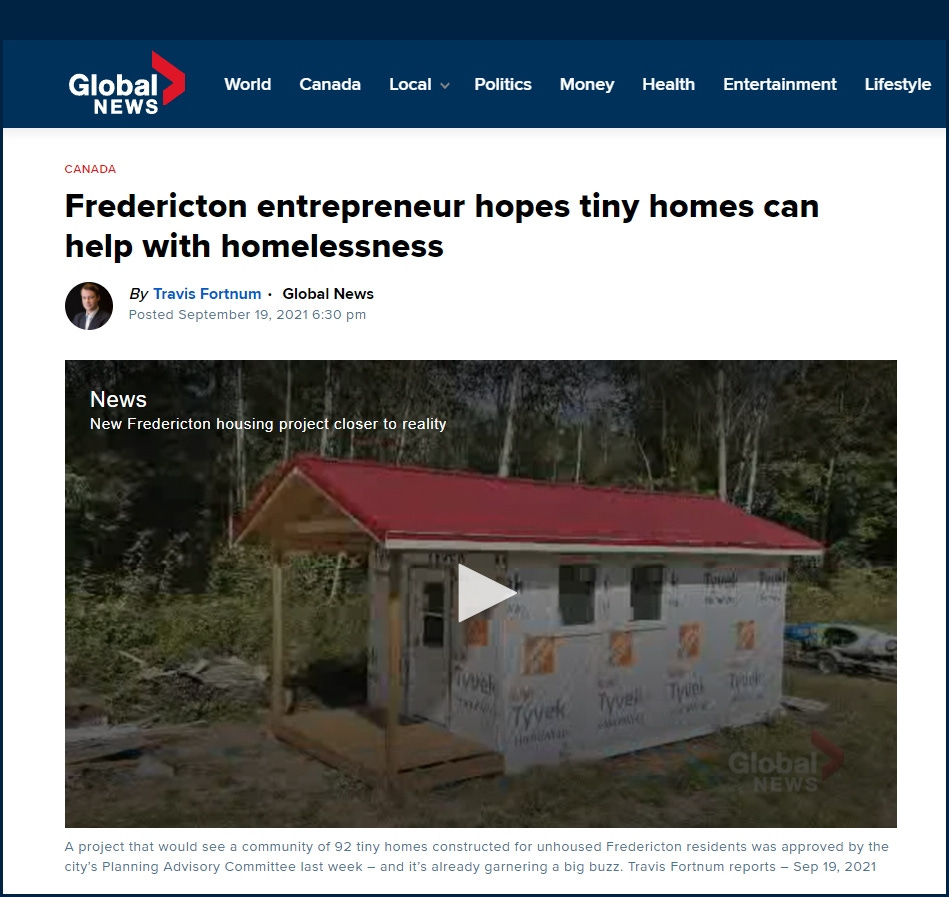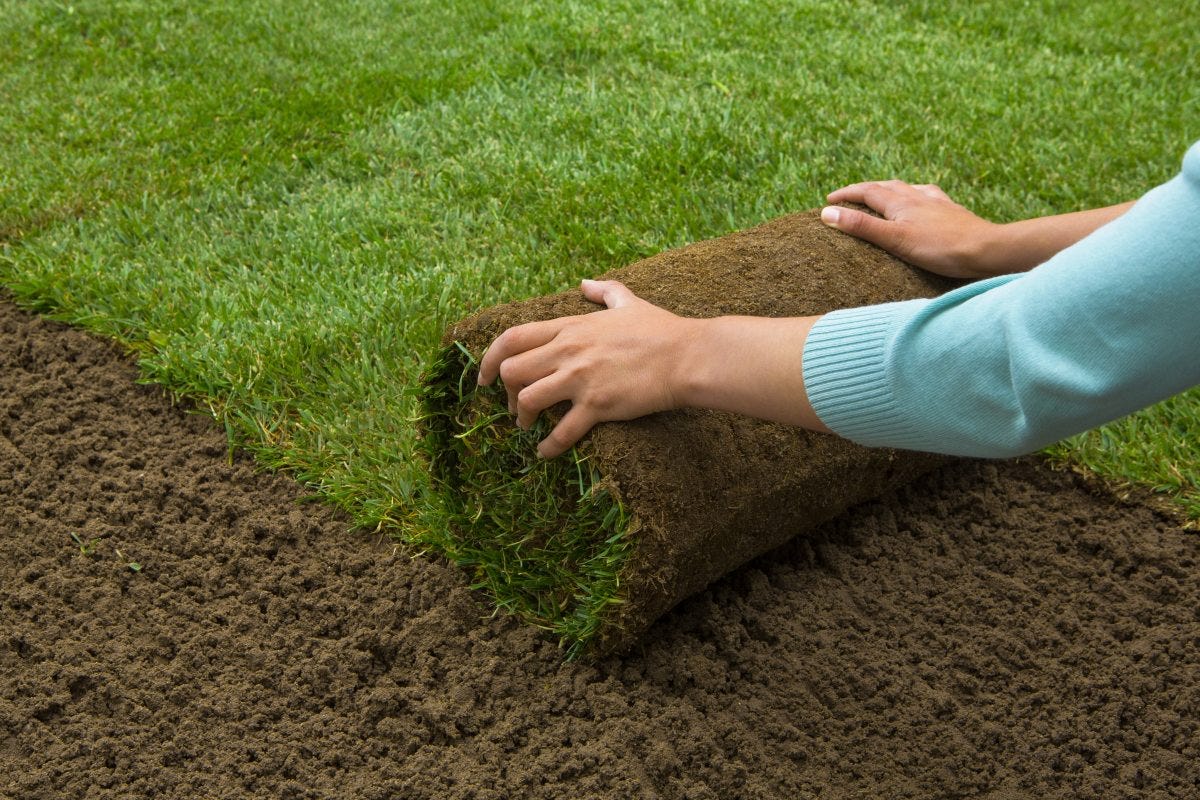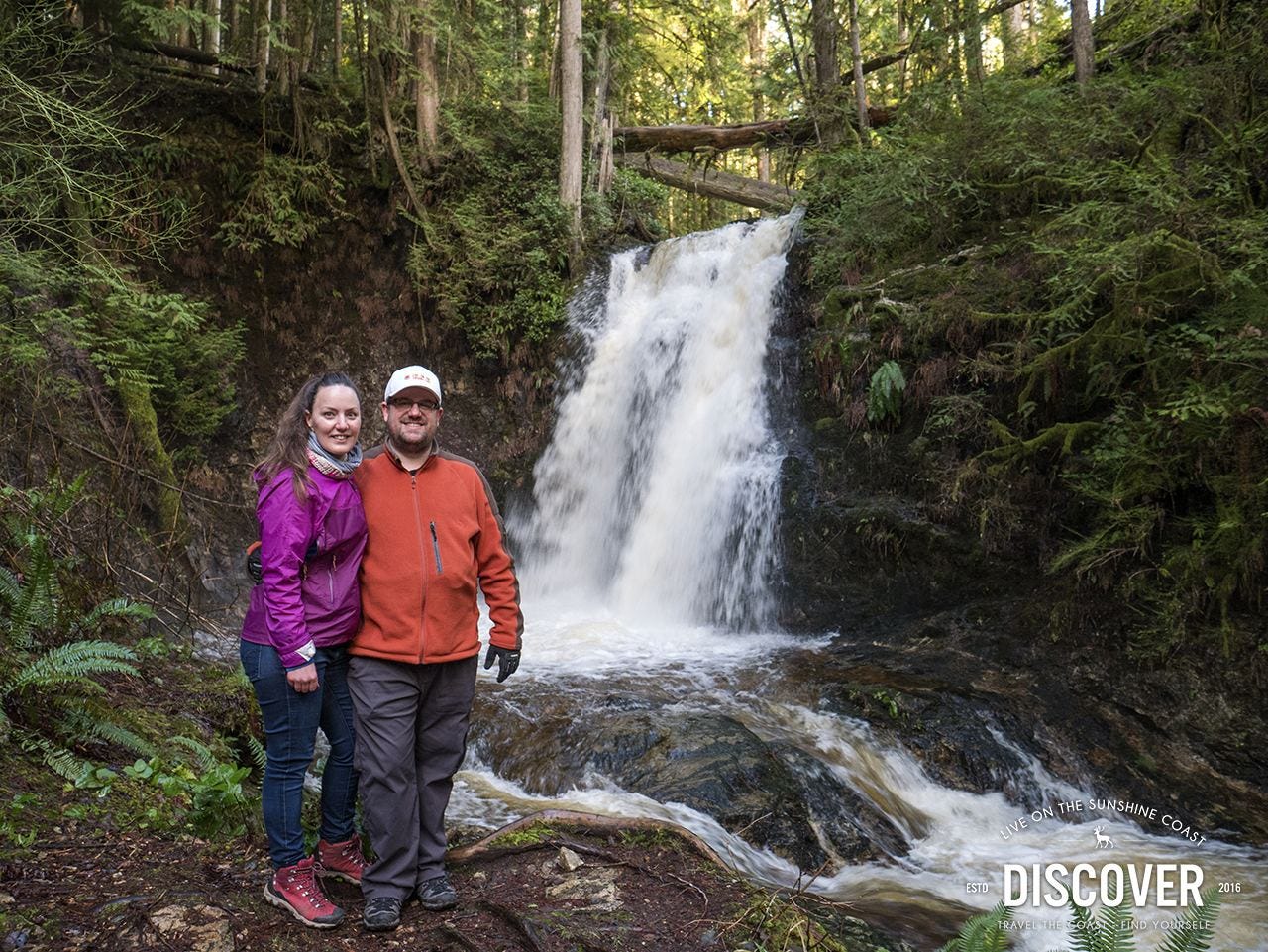Real estate development & water restrictions
How one impacts the other on BC's Sunshine Coast
This post was written using a transcript from the above video. It’s been edited for clarity.
PAUL: I think that the housing shortage eventually sorts itself out. It's unfortunate that it's not as easy as saying, "Let's build 500, or 1,000 houses, and the housing crisis is over." It takes a lot of time to turn that ship around and point it another direction.
PAUL: I think the Sunshine Coast has been sleeping on the housing shortage for a little too long, and we begrudgingly say, "I guess we'll allow a new development, but we’ll be pretty strict about what it's going to look like." On one hand, we want new development on the Sunshine Coast. But on the other hand, if it's tough for builders to develop, they’ll go someplace where it's easier to develop. Then we get the housing shortage we find ourselves in where a $600,000 house becomes worth $1.3 million in less than two years.
The pace of real estate development
VAL: I'm not okay with developers coming to Council, and Council saying, "Yep. Rubber stamp it. We need more houses. Do it, do it, do it." I think it's okay that we want to keep the kind of community we have.
VAL: There's a reason that people are moving here: it's our sense of community. Developers should be considering the look and feel in what they're proposing so that it fits in to the existing community. It's okay if Council slows down some developments, or outright denies others, because there will be other developers that come along, and will do it right, and will keep the sense of community that we have here.
PAUL: I agree with that, but I think the more stringent we are and the longer we wait, the higher housing prices will go. We don’t want to delay development so long that it makes the housing crunch worse. If we’re too picky and succeed in delaying substantial development for 5-10 years, all we’re doing is pushing up the prices of existing homes. Then 10 years from now, developers will look at the Sunshine Coast and say, "Now it's worth it to jump through these hoops in Gibsons or in Sechelt, because I can sell the house for three million bucks." They’ll get an awesome return on on investment.
PAUL: But what price tag do we put on the community that we have versus the quality of life of the people that are already living here? There are renters that have lived on the Sunshine Coast for a long time, trying to get by. Homeowners and landowners say they’re focused on protecting the current sense of community,” while tenants can't rent a home for $3,000 a month. At some point, we need to ask ourselves what parts of the community are being protected.
VAL: Government could be forward-thinking in what they allow, what type of developments. Maybe tiny home communities, maybe mobile home communities. Different housing types and price points so that people can buy at an affordable price, and not $1.5M.
PAUL: I agree. There needs to be more of an understanding of what affordable housing looks like. Local governments will say, "It's really important that we get an affordable housing aspect to this new development. Some portion of available units will need to be 10%, or 20%, under the market rate." The theory is good but our market rate is a million bucks so they’re saying $800,000 is “affordable.”
VAL: Or the developers will be instructed to make a donation to an affordable housing fund. It’s kind of a joke. Even at $10,000 per unit, you're not able to keep up with escalating house prices.
Tiny homes on the Sunshine Coast?
PAUL: We need to think of some different ideas on the coast. We hear that the expensive part of building on the Sunshine Coast is the land. That you’ll spend $500,000 to $1,000,000 for a lot. Even if you build a modest house, you're still into it for this huge land cost. Maybe the Sunshine Coast starts earmarking properties that can be really chopped up. Maybe there’s a parcel of land that could accommodate 30 single-family homes here and instead, government says, “Let's allow this to be chopped up and put tiny homes on it."
PAUL: Instead of 30 traditional homes, developers will be able to build 100 or 150 homes. Yes, the land is still expensive, but on a per unit basis, the land value is much more affordable for would be homeowners. And because the tiny homes are built off-site, they can be built more affordably.
Sunshine Coast water shortage
VAL: I'm just hearing locals screaming, "Water! There's a water shortage. We can't be promoting more development until we know that we're going to have enough water."
PAUL: A water shortage is akin to traffic. No level of government looks at traffic says, "This place is really going to boom in the next 10 years. We better build a whole bunch of transit, and a whole bunch of freeways, to accommodate the traffic we know we’re going to get." In every city and every town I've ever lived in, you suffer through traffic until it becomes unbearable. The residents scream and complain and make noise, and finally the government acquiesces and says, "Okay, we need to get on this. We left this too long." We saw it with the LRT in Edmonton, we saw it with road conditions, we saw it with a ring road. Calgary saw it with its ring road. These projects were decades past due.
VAL: Well, the big Island Highway took like 40 years to build.
PAUL: Exactly. These things take a long time. As it relates to our water shortage, ideally, we’d say, "Let's pump the brakes, and keep housing prices from going through the roof. Let's keep rents livable until we can figure out the water problem." But that's not what's going to happen. Instead you're going to keep seeing anger about the water shortage build, and build, and build until it becomes a major issue every time there’s an election at any level. Eventually, residents will get frustrated to the point that they say, "Fix the water, and fix the water now."
PAUL: Unfortunately, it doesn’t look like anyone will proactively fix this. We’ve lived on the Sunshine Coast for 7 or 8 years...
VAL: ...and we've had water restrictions every summer.
PAUL: And what’s changed? We don’t even re-evaluate or reclassify the water restrictions in the summer. We have four levels of water restrictions on the Sunshine Coast. The first stage is, “Go crazy!” By the time we get to number four...
VAL: You can't water your garden.
PAUL: And we don’t mean your lawn. Your vegetable garden.
VAL: Local farms can't even water their gardens.
PAUL: It's pretty severe.
VAL: Food and water, isn't that the top priority? Cancel other usage before you cancel people being able to grow food in their garden or farm.
Stopping development is unreasonable
PAUL: So instead of saying, "Let's not develop here, until we get water figured out,” how about we just take that first water restriction stage and get rid of it? Every summer, we’ll start at stage two, or every summer, we’ll start at stage three.
PAUL: How about we say, "No more big developments with big lawns that need to be seeded and watered." Instead, let’s say developers need to use waterless landscaping like you see in Las Vegas, or Phoenix. But saying, "Let's stop development until the water problem is solved," is not a solution.
PAUL: And instead of saying, "There's a water shortage so let’s stop everything else until we can fix said shortage of water,” how about we focus on what we can control locally? Incentivize people to not have lawns, or to be more responsible with their water, or to install a cistern or a tank. Let's do those kinds of things, instead of sitting on our hands and delaying finding a workable solution.
VAL: Well, that's not fair. Local government’s not sitting on their hands. There's stuff that has been started and is being held up by the next level of government. The provincial government is holding back approval on wells that the district has requested a long time ago.
PAUL: I'm not saying that only the town or the district is sitting on their hands. It applies to everybody. But until there is political pain, the Sunshine Coast won’t have its water shortage fixed. In the meantime, we need to figure out how to make better use of the limited water resource we currently have. Saying, "We're just not going to allow additional development," while allowing water consumption to continue without any substantive change doesn't address either problem.
PAUL: If we stop developing, and we stop using more water, the province quits paying attention to us, because we're not a problem, and we’re making do with the system we have in place. And while we’re making do, housing prices just keep going up, and up, and up... To say, “The solution to our water shortage is to stop further development," is myopic and a little bit childish. You're building an exclusionary fence around the town and using a water shortage as an excuse.
This post was written using a transcript from the above video. It’s been edited for clarity.
Connect with Val & Paul
We're Val and Paul and we're a married couple who live on BC's Sunshine Coast! We moved from Alberta to Gibsons in 2014 and love our life on Canada's West Coast! Subscribe to our YouTube channel and email newsletter and you'll learn what it's like to live in the most beautiful place in Canada.












